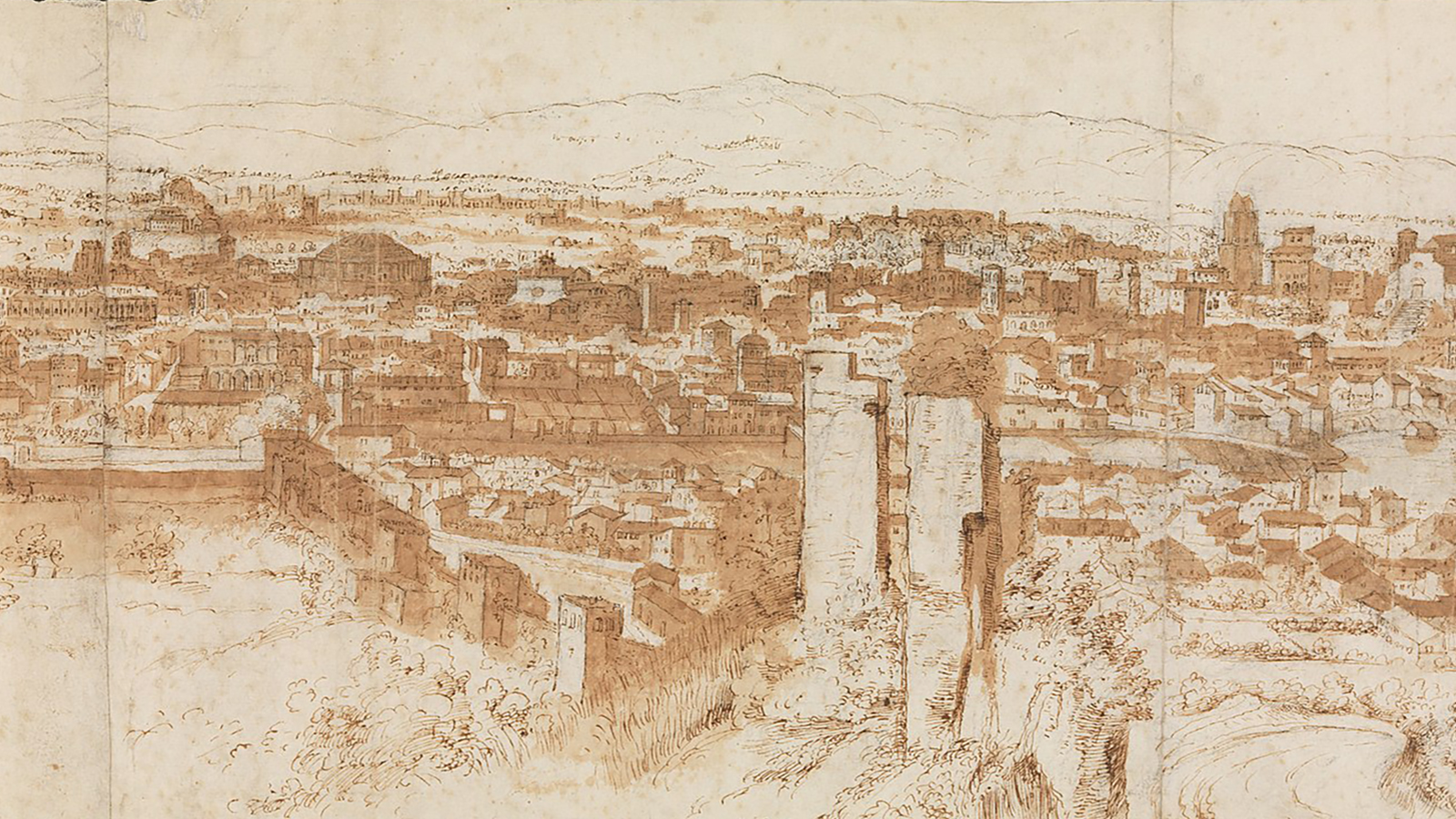Emily Mitchell & Tuomo Nuorluoto – Circolo Gianicolense Seminar

View of Rome from the Janiculum in the South-West
Circolo Gianicolense is a joint seminar series for fellows at three foreign research institutions at the Gianicolo: the Norwegian Institute in Rome, the American Academy in Rome, and Institutum Romanum Finlandiae.
This seminar, to be held in English, will include the following two talks:
Emily Mitchell (American Academy in Rome)
A Tale of Two Freedwomen: The Epitaph of Allia Potestas (CIL VI 37965) and the Curse on Acte (CIL VI 20905)
This paper examines, in comparative perspective, two Latin verse inscriptions relating to freedwomen, both of which originate from Rome and may be dated to the first century CE. The first is an epitaph composed in elegiac couplets for a woman named Allia Potestas (CIL VI 37965); it was dedicated by her patron, Aulus Allius, with whom she seems to have had a romantic relationship. The second is a curse composed in iambic senarii and targeted towards a woman named Acte (CIL VI 20905); it was most likely authored by a man named Marcus Iunius Euphrosynus, who was both Acte’s patron and her husband. Although these inscriptions have frequently been interpreted as outpourings of genuine emotion, I posit that both are, in fact, the products of careful forethought: they seek not only to give voice to the feelings of their respective authors, but also to comment, more broadly, on the status and condition of freedwomen, and to influence the attitudes and behavior of their viewers. While the epitaph of Allia Potestas seeks to praise, and to reward, its commemorand for conforming to the paradigm of the “good freedwoman,” the curse on Acte seeks, conversely, to castigate and to punish its target for failing to live up to this ideal. Ultimately, therefore, these sources highlight the degree of intentionality involved in the production of epigraphic texts: even those that may be presented as spontaneous expressions of emotion are often consciously formulated to serve their authors’ agendas.
Tuomo Nuorluoto (Institutum Romanum Finlandiae)
Infelix indigne subiectus: Some Cases of Violent Death in Latin Inscriptions
The objective of my paper is to discuss some of the emotional implications and consequences of violent death through the lens of Latin funerary epigraphy. Most Latin inscriptions do not provide us with any clues regarding the cause of death, most likely because the cause was considered natural (e.g. old age), but in the case of violent or accidental death, we do have several interesting cases available. I will analyze some of these cases from the perspective of the history of emotions, focusing on various feelings connected with grief (such as sadness, anger, and pity) and discuss them in relation to the ancient philosophical and rhetorical theories and views of emotions.
For access to the Academy, guests will be asked to show a valid photo ID. Backpacks and luggage with dimensions larger than 40 x 35 x 15 cm (16 x 14 x 6 in.) are not permitted on the property. There are no locker facilities available. You may not bring animals (with the exception of seeing-eye/guide dogs).
The Academy is accessible to wheelchair users and others who need to avoid stairs. Please email us at events@aarome.org if you or someone in your party uses a wheelchair or other mobility devices so that we can ensure the best possible visitor experience. If you are someone with a disability or medical condition that may require special accommodation, please also email us at events@aarome.org.